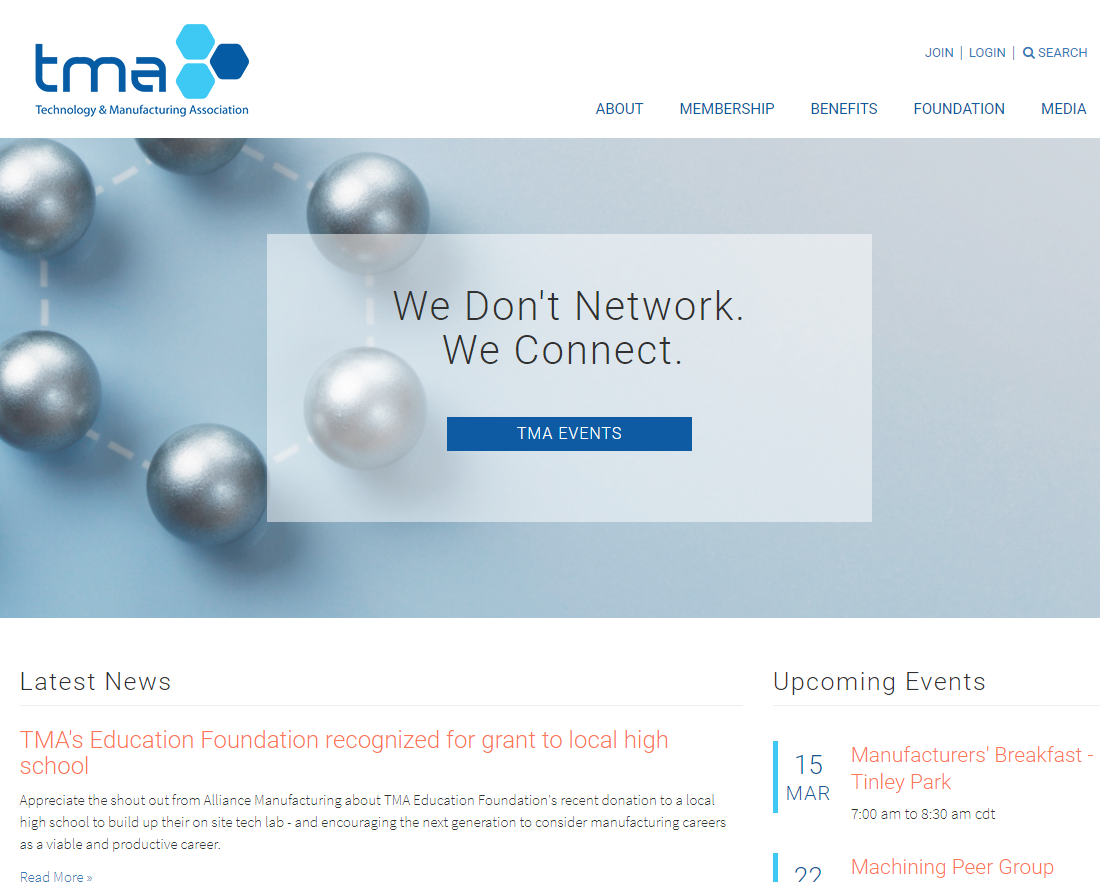3 key public policies manufacturers watch
Share

The Technology & Manufacturing Association’s Government Relations is transparent about the public policy issues they keep an eye on during Illinois’ legislative sessions. These issues are the ones upon which they rate lawmakers’ voting records and determine whether those lawmakers are FOR manufacturing’s success or AGAINST it.
Since so many issues that come before state lawmakers directly affect Illinois manufacturers, it’s pertinent that manufacturers stay informed and keep their lawmakers informed, as well. And, while neighboring states may not be directly affected, what lawmakers do in Illinois can and will influence what other Midwestern states consider.
The January 2019 edition of the TMA News Bulletin focused on how state lawmakers voted in the last session.
Here are the issues the TMA kept an eye on in 2018:
TAXATION
In a globally-competitive environment, job-creating manufacturers bid for jobs and work against both national and international competition. The level of taxes a business is forced to pay affects winning bids and risks good-paying jobs and economic benefits that result from manufacturing activity. TMA seeks to:
- Gradually phase out the Cook County property tax classification system and put manufacturers on an even-footing with all property tax payers.
- Cap property tax growth until Illinois’ rate is at least “average” in the US.
- Reduce cumulative taxation (e.g. income, sales, unemployment, etc.), which negatively impacts competitiveness.
REGULATION
The regulatory burden imposed on job-creating manufacturers results in outlays that must be incorporated in the cost of production. Imposing regulations on the employee/employer relationship results in smaller workforce and non-productive citizens. Similarly, zoning or code requirements that obligate manufacturers to adhere to property standards that relate better to residential neighborhoods increase costs that can cause them to lose competitive bids. TMA seeks to:
- Repeal local government regulations of the employee/employer relationship.
- Require independent review and publication of the cost of new state and local regulations.
- Implement simple appeal and bypass procedures for existing regulations.
- Require local governments to confer with local manufacturers and other employers.
EDUCATION
Illinois operates an extensive and expensive public education system that is funded by some of the highest property taxes in the nation. Despite this investment, job-creating manufacturers report significant frustration with the readiness of graduating students to meet basic job requirements. Additionally, many school leaders lack a realistic understanding of the state’s job market and the importance of manufacturing to the region. The expanding “skills-gap” in manufacturing has been identified as one of the most critical threats to our country’s economic future. TMA seeks to:
- Engage, encourage, and elect officials who understand and advocate for manufacturing.
- Hold college and school officials accountable for their students’ job readiness and competency.
- Tie future funding of education – at all levels – to demonstrated progress toward goals that provide students with a high quality and useful education.
- Encourage education leaders to meet with employers to understand their needs and perspectives.
How did your state lawmakers rate in TMA’s 2018 Legislative Scorecard? Check it out starting on Page 17 of TMA’s January 2019 News Bulletin HERE


